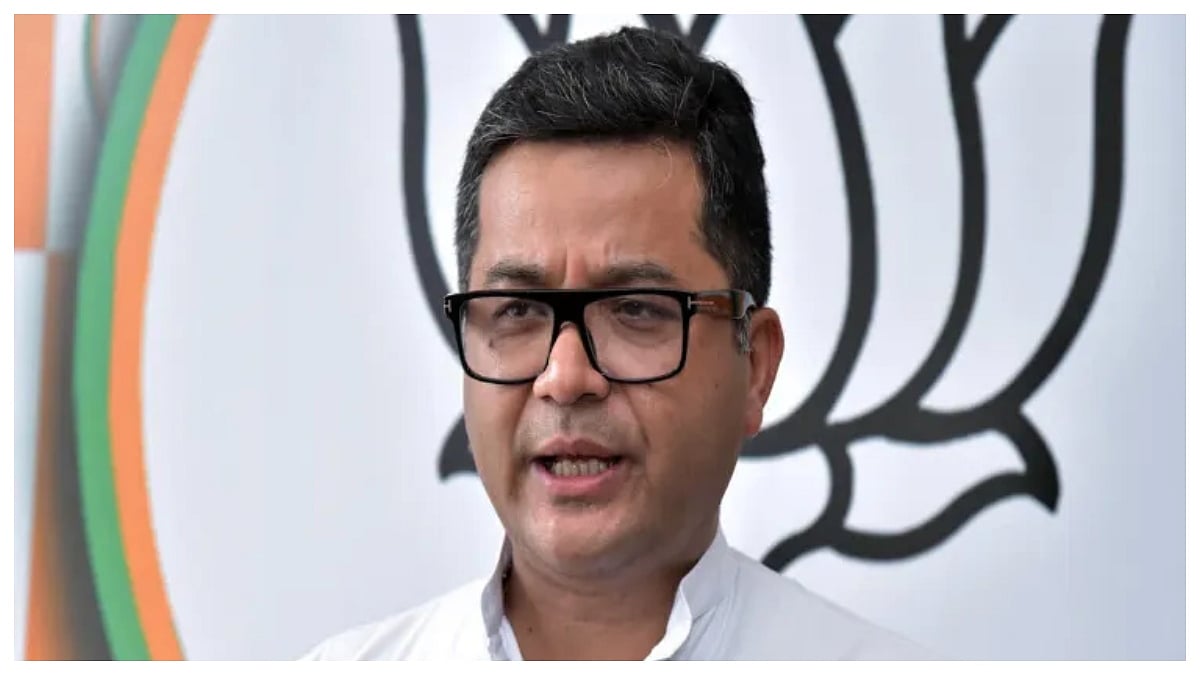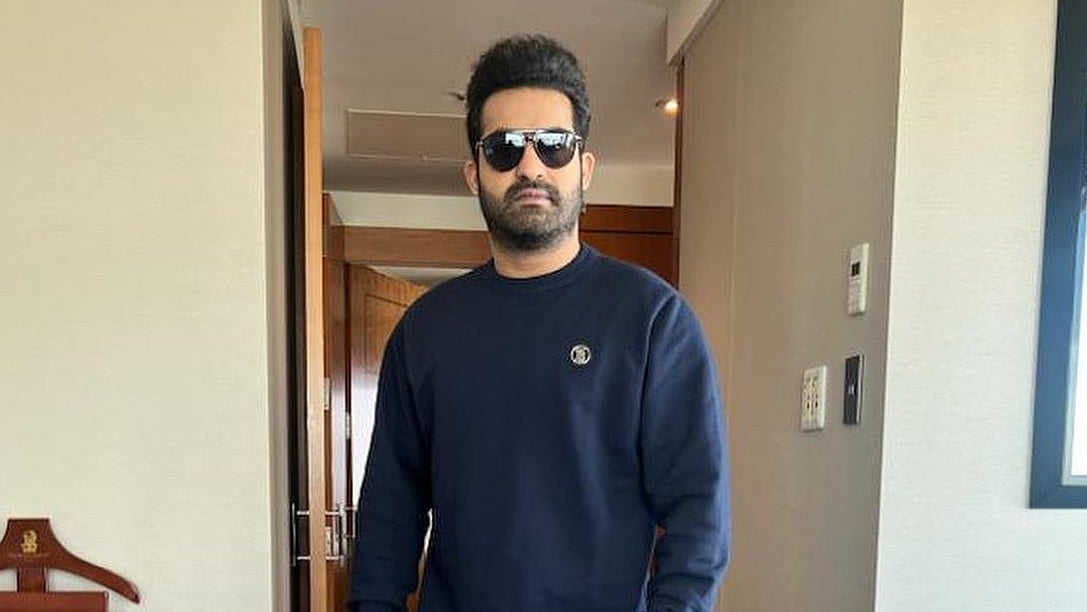For a film based on what is a seminal work of literature — I do not want to limit its impact only to Urdu — and an equally important debate on freedom of expression that its publication entailed when its author was taken to court on charges of obscenity, Lihaaf is strangely lacklustre. Anyone with an understanding of literature will be aware of the incendiary nature of Ismat Chughtai’s short story, Lihaaf, — who can forget the ‘elephant’ under Begum Jaan’s quilt — which continues to be as revolutionary and unsettling today as it was when it was first published in 1942. And what could be more contemporary than a creative artiste having to go through what Ismat Chughtai did in the wake of its publication. Despite this, Rahat Kazmi’s adaptation never quite rises above the ordinary, seldom conveying the ‘tension’ that the court case must have engendered and that reading the story still does.
The filmmakers — director Rahat Kazmi and co-writer Sonal Sehgal — tell the story in two parallel tracks, mimicking what Nandita Das did with Manto. There is Ismat [Tannishtha Chatterjee] attending the court hearings on one hand; on the other, there’s the short story being dramatised. That, in hindsight, seems a fatal mistake on two counts, primarily. One, unlike Nawazuddin Siddiqui as Manto, Tannishtha, despite her best efforts, is never able to convey the fire in Ismat.

Two, not once do the court proceedings excite you as a viewer. The vapid, unimaginative writing with its strict adherence to the source material is largely to blame for that. I couldn’t help wonder what it would have been like to transpose the story to the present, given that creative freedom is still a chimera in this country as is freedom of choice when it comes to a woman. Maybe that would have been a more interesting way to tell the story.
The film is visually opulent with the interiors of the Nawab’s residence created with loving detail. The makers call attention to this with the camera beautifully capturing the space within. However, a good-looking film can only go so far in the absence of any frisson in its narrative strands. More glaring is the fact that the relationship between Begum Jaan [Sonal Sehgal] and Rabbo [Namita Lal], who starts off as Begum’s masseuse and becomes her lover, never quite conveys the despair and desperation from which it is born. Though Sonal is achingly good, there’s nothing organic about the liaison; on the contrary, there’s an awkwardness to it, a lack of chemistry, that almost subverts the essence of Ismat Chughtai’s story.

This failure is aggravated by the uninspiring supporting cast featuring Kazmi as Ismat’s husband, Shahid Latif, and Shoaib Shah as Manto. A fatal flaw is the way Nawab Sahib [Mir Sarwar], Begum Jaan’s husband, is visualised. He is a pivotal character who lies at the genesis of the relationship between Begum Jaan and Rabbo. Unfortunately, he comes across as ineffectual and insipid.
It is not without reason that Lihaaf continues to resonate in the way it does exactly 80 years after it was written — both Ismat Chughtai’s story and the conversation on creative freedom. Unfortunately, Rahat Kazmi’s film is unable to put across little of either the pioneering nature of the former and the contemporary character of the latter.
Title: Lihaaf
Cast: Tannishtha Chatterjee, Sonal Sehgal, Shoaib Nikash Shah, Namita Lal, Rahat Kazmi
Director: Rahat Kazmi
Platform: Voot
Rating: 2.5 stars
(Shantanu Ray Chaudhuri is an award-winning publisher, editor and a film buff)










